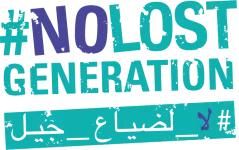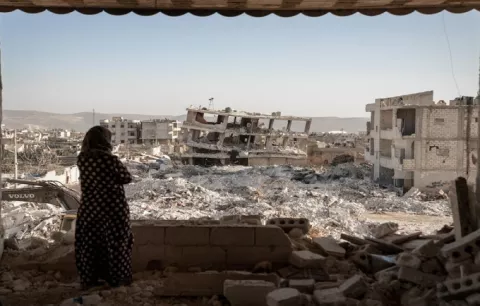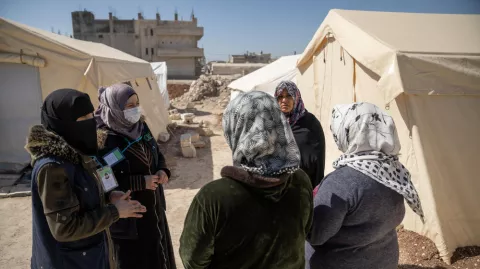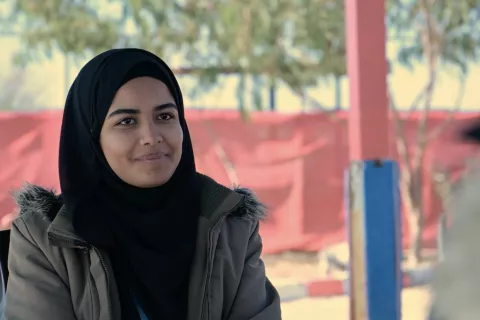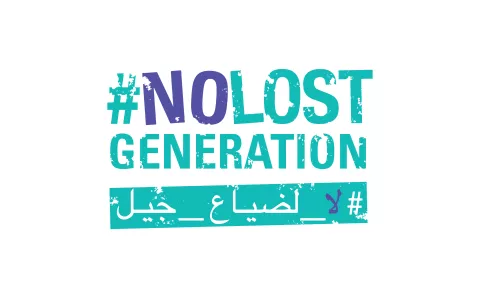Syrian children must not be forgotten while their futures remain at risk
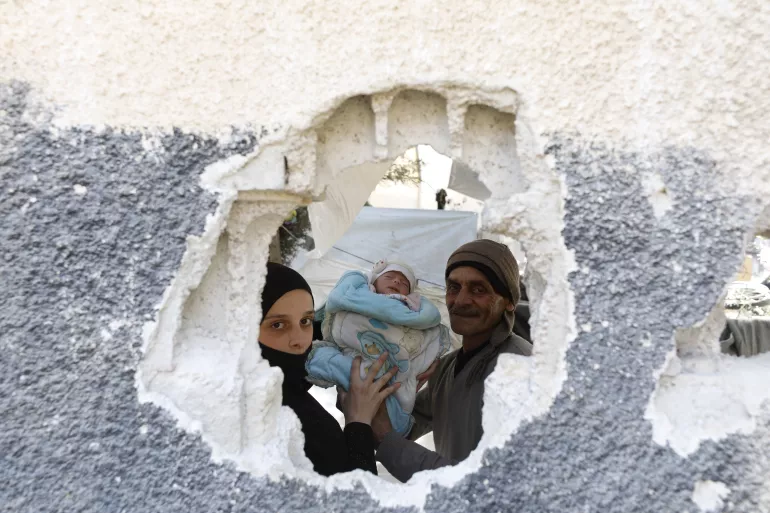
AMMAN, 15 MARCH 2022 – As war rages in Ukraine, we continue to be concerned about the safety and protection of the thousands of children who have experienced violence and displacement in the past weeks. At the same time, we should not forget the plight of the millions of Syrian refugee boys and girls who have been facing a similar situation for over a decade now.
Close to 5 million children have been born in Syria since the violence started in 2011 and have known nothing but war. As a result, many of them suffer from symptoms of post-traumatic stress disorder (PTSD) and are in dire need of psycho-social support. 2.4 million children remain out of school across the country, close to half of them are girls who continue to be at risk of forced early marriage. Young boys are also increasingly vulnerable to child labor as the COVID-19 pandemic has pushed many Syrian families into unemployment.
In addition, 1.7 million children in northwest Syria are still reliant on humanitarian aid secured by a UN Security Council (UNSC) cross border resolution that risks not being renewed later this year, in July. To make matters worse, two of the primary host countries of Syrian refugees – Turkey and Lebanon – are currently experiencing severe economic crises which are bound to worsen as prices of fuel and wheat skyrocket following the conflict in Ukraine.
On this 11th anniversary of the conflict, Syria remains one of the world’s most unsafe places for children. Last month at least 6 children died in northwest Syria following an airstrike, while at least 5 other children died as freezing weather struck their IDP camps. Meanwhile, in the northeast of the country, thousands of children – some as young as 12 years old – remain in detention in or around Al Hol camp and are at imminent risk of violence and exploitation.
"Global leaders and major donors must not yet turn the page on the Syrian crisis while millions of children remain at risk of missing out on their education, and simply getting the chance to live healthy and fulfilled lives after more than a decade of unimaginable violence... The time is now to reaffirm that their futures remain a priority for the international community as a whole.” – said Alexandra Matei, co-chair of the No Lost Generation Initiative
Media contacts
About The No Lost Generation Initiative
Launched in 2013, No Lost Generation is a strategic framework for the response to the Syria crisis, advocating for the rights of children, adolescents and young people in Syria and the five top refugee hosting countries: Turkey, Lebanon, Jordan, Iraq and Egypt. Working across three pillars – Education, Child Protection, and Adolescents & Youth – and with an increased focus on Mental Health and Psychosocial Support and on gender, the No Lost Generation initiative is jointly led by UNICEF and World Vision and brings together 40 humanitarian and development partners (NGOs and UN agencies), in close collaboration with donors, governments, young people and other stakeholders.
Follow No Lost Generation on Twitter.
